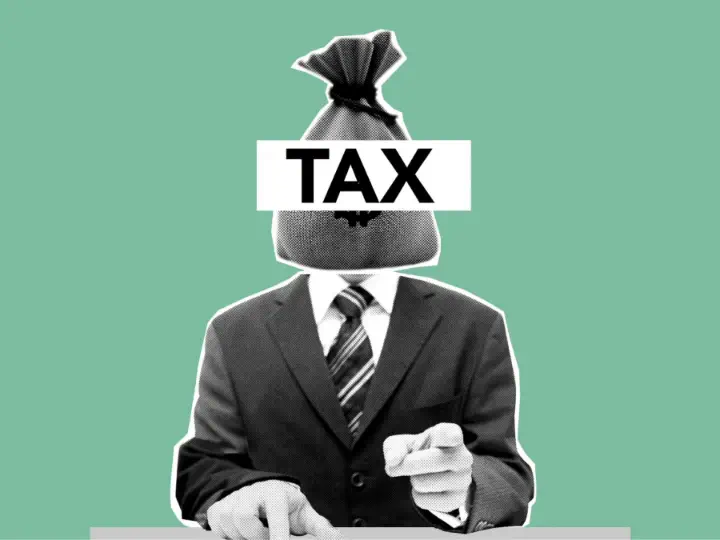Owing the IRS money is stressful, but what happens if you simply can’t afford to pay? Contrary to popular belief, the IRS isn’t out to leave people homeless or starving. If your financial situation is dire enough, you may qualify for Currently Not Collectible (CNC) status, which temporarily halts IRS collection efforts, including wage garnishments and bank levies. It’s not a permanent solution, but it can give you the breathing room you need to get back on your feet without the constant threat of IRS enforcement.
Getting CNC status isn’t as simple as claiming you’re broke. The IRS requires proof that paying your tax debt would create extreme financial hardship—meaning after covering basic living expenses, there’s nothing left to pay them. This involves providing detailed financial records, including income, expenses, and assets. If approved, the IRS essentially pauses collections, though penalties and interest may still accrue. They’ll also periodically review your financial situation, and if your income increases, collections could resume.
This is where a tax attorney can help. They can assess whether you qualify for CNC, gather the right financial documentation, and negotiate directly with the IRS. In some cases, CNC status is just the first step toward a more permanent solution, like an Offer in Compromise or structured repayment through the Fresh Start Program. If you’re struggling to make ends meet, professional help can keep the IRS off your back while you regain financial stability.
